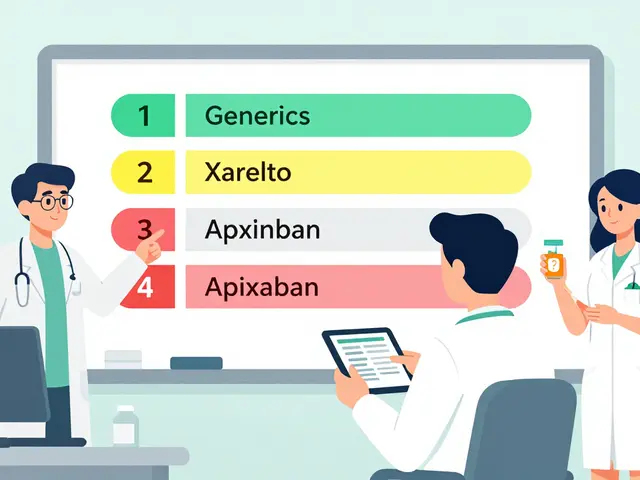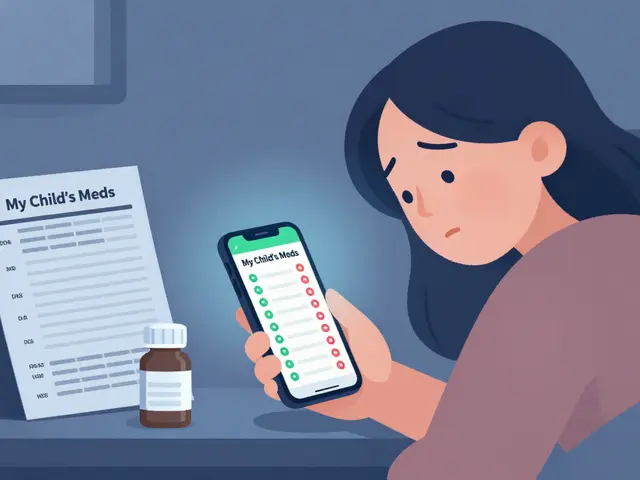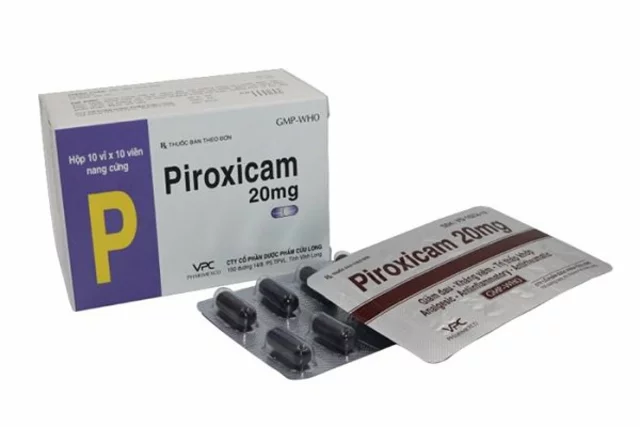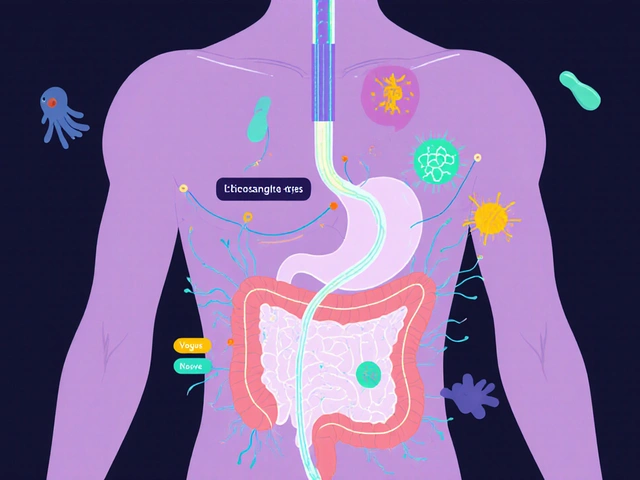June 2025: Enclomisign and Exelon — quick, useful takeaways
This month we published two practical guides: one on Enclomisign (enclomiphene) for male fertility and one on Exelon (rivastigmine) for dementia. Both pieces aim to help you understand what each drug does, who might benefit, common side effects, and simple tips to get the best results or reduce risks. If you read only one thing, use these highlights to decide what to read next.
Enclomisign — what you need to know
Enclomisign is the brand name for enclomiphene, a medication used to help men with low testosterone who want to keep or improve fertility. Unlike injectable testosterone, enclomiphene works by nudging the body to make its own hormones — it increases LH and FSH, which can raise testosterone and sperm production at the same time. People often see changes over a few months; real-world reports and trials show improvements in testosterone and sperm counts within 3–6 months for many users.
Common side effects are usually mild: mood swings, hot flashes, and occasional headaches. Because it acts through the hormonal axis, regular blood tests are useful — check testosterone, LH/FSH, and a sperm analysis if fertility is your goal. Practical tip: if you’re trying to conceive, talk with your fertility specialist about monitoring intervals and lifestyle changes (sleep, weight, smoking) that boost results faster.
Exelon — where it helps and what to watch for
Exelon (rivastigmine) treats cognitive symptoms in mild to moderate Alzheimer’s and Parkinson’s disease dementia. It can help with memory, attention, and daily tasks, especially early on. Exelon comes as a capsule and a transdermal patch; many caregivers find the patch causes fewer stomach issues and steadier drug levels.
Expect common side effects like nausea, vomiting, decreased appetite, and sometimes slowed heart rate. A useful approach is to "start low, go slow" — begin at a low dose and only increase if tolerated. Track weight and appetite, and tell the doctor if dizziness or fainting occurs. If the patch is chosen, rotate application sites and check the skin for irritation.
Both articles include practical how-tos: when to ask your prescriber about labs, how long to try a medicine before judging effectiveness, and how caregivers can track daily changes. We also cover interactions to look out for and signs that need urgent attention.
Want to read the full posts? Follow the links in this archive to get the detailed guides, patient stories, and monitoring checklists. If you’re making treatment decisions, use these articles as a starting point — then bring questions and your latest labs to your clinician. Small, concrete steps (proper monitoring, dose adjustments, lifestyle tweaks) usually make the biggest difference.

Enclomisign: Benefits, Uses, and Key Insights About the Fertility Medication
Enclomisign, a brand name for enclomiphene, is gaining traction in male fertility treatment. This article explores its benefits, uses, how it compares to other options, side effects, and real-world experiences with practical tips.
View More
Exelon: Benefits, Side Effects & Uses of Rivastigmine for Dementia
Curious about Exelon and its role in managing dementia? Here's everything you need to know about rivastigmine, how it works, its benefits, and what to look out for if you or someone you care about is starting this medication. Get practical tips, real stats, and clear advice on making the most out of dementia treatment.
View More




